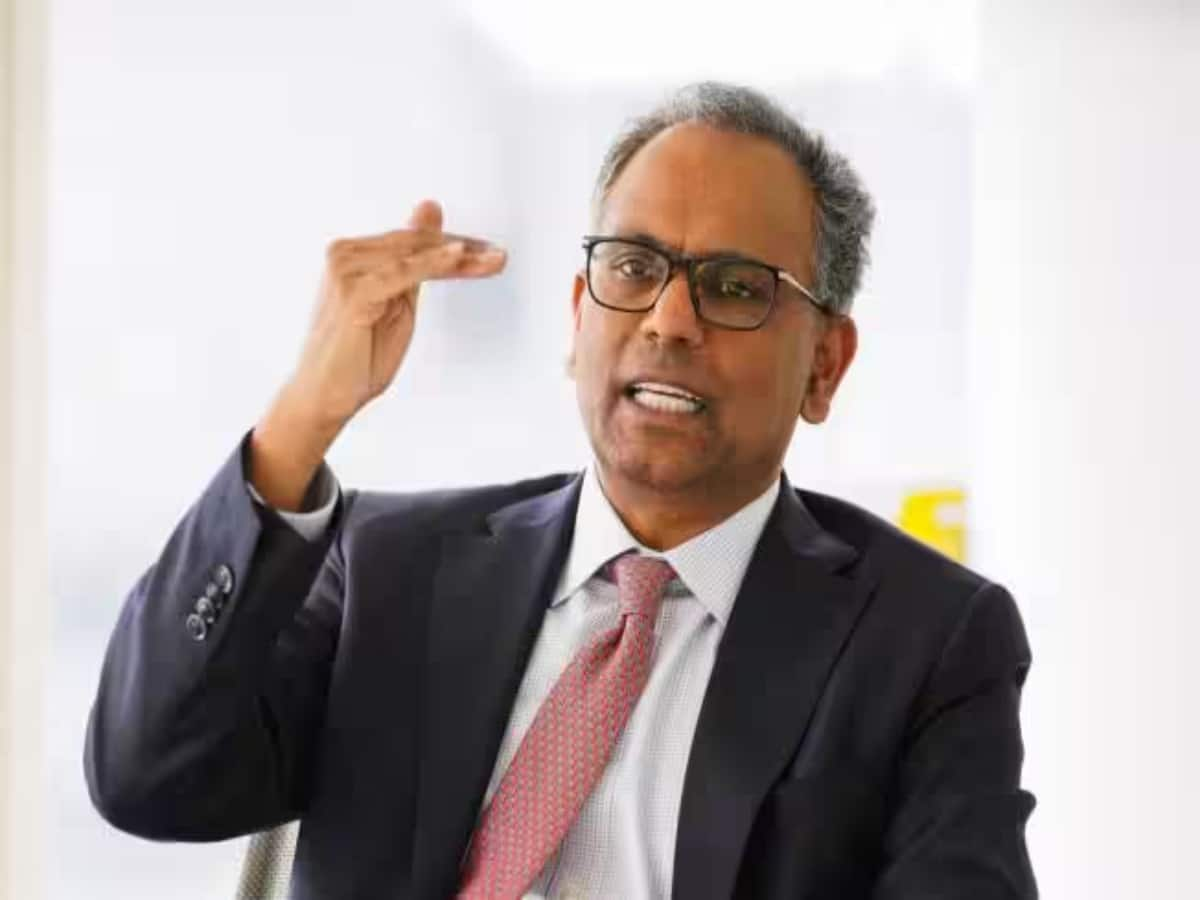In a significant development, Rajiv Jain, the CEO of GQG Partners, has agreed to pay $500,000 to settle charges imposed by the U.S. Securities and Exchange Commission (SEC) regarding violations of whistleblower protection rules. This incident highlights the critical importance of compliance with regulatory standards in the financial sector, particularly concerning the safeguarding of whistleblower rights. In an era where corporate transparency is paramount, this settlement serves as a reminder for firms to uphold ethical practices and protect individuals who report misconduct.
Understanding the SEC Charges Against GQG Partners
The SEC’s charges against GQG Partners stem from allegations that the firm failed to adhere to whistleblower protection regulations. These rules are designed to encourage individuals to come forward with information about suspicious or illegal activities without fear of retaliation. The settlement amount of $500,000 reflects the seriousness of these charges and the commitment of the SEC to enforce compliance with these important regulations.
What Are Whistleblower Protection Rules?
Whistleblower protection rules are legal safeguards designed to protect individuals who report unethical or illegal actions within an organization. These regulations are crucial for promoting accountability and transparency in business practices. The SEC has established these protections to ensure that whistleblowers can disclose information without fear of retaliation, such as dismissal or harassment, ensuring a safe environment for reporting wrongdoing.
Implications of the Settlement for GQG Partners
This settlement marks a critical moment for GQG Partners and its leadership. As a prominent player in the investment management industry, GQG’s adherence to ethical standards is vital for maintaining investor trust and credibility. By settling the charges, Rajiv Jain and GQG Partners demonstrate their willingness to address past issues and comply with regulatory requirements, underscoring their commitment to ethical practices in the financial sector.
Steps for Compliance and Improving Whistleblower Protections
To prevent future violations and foster a culture of transparency, it is essential for firms like GQG Partners to implement robust whistleblower protection policies. Here are some steps that organizations can take:
- Establish Clear Reporting Channels: Creating defined pathways for employees to report concerns safely and confidentially.
- Provide Comprehensive Training: Ensuring that all staff are educated about their rights and the processes involved in reporting misconduct.
- Encourage a Non-Retaliatory Environment: Promoting a workplace culture where employees feel safe vocalizing concerns without fear of repercussions.
- Regularly Review Policies: Conducting audits and reviews of whistleblower policies to ensure they meet current regulations and best practices.
Conclusion
The $500,000 settlement between Rajiv Jain and the SEC highlights the significant implications of failing to adhere to whistleblower protection rules within the financial industry. This case serves as a crucial reminder for all organizations on the importance of fostering a transparent and accountable corporate culture. By prioritizing the protection of whistleblowers, firms can not only comply with regulations but also enhance their integrity and public reputation.
